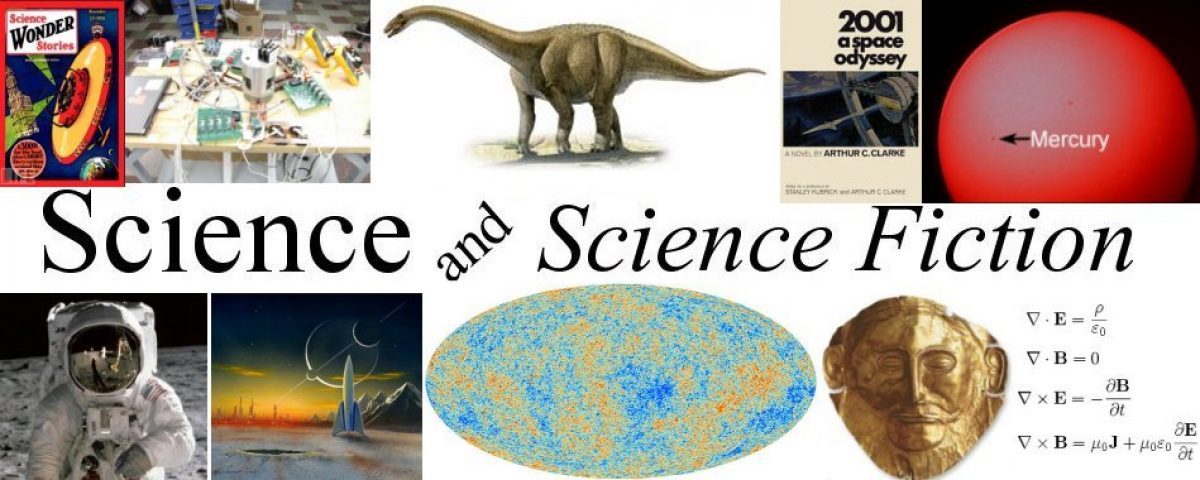Turn on the news for ten minutes in the morning and you’d be forgiven for thinking that we live in a world saturated with violence. The events that take place everyday can seem like an endless list of war, crime, and brutality. Even our movies and the entertainment shows we watch on TV are full of violence and aggression.

As I begin this post my television is showing the funeral of George Floyd, the black man who while handcuffed was slowly choked to death by the knee of a Minneapolis police officer. A so-called peace officer who had sworn an oath to protect the people of his city. It’s understandable then that many people recoil from the violence of our period in history and dream about returning to a more peaceful time in the past.

Ah, just when was that? To be honest the only events we know of from the Bronze and Iron Ages were wars, battles and massacres. The Roman Empire was founded and maintained by the sword of the legionary while the Dark ages began with barbarian invasions and just got worse from there. I assume I don’t need to go on, and war is just the wholesale side of violence, we mustn’t forget the person to person violence like robbery, rape and murder.

So it takes a brave man to declare that things are actually getting better, that human beings and human societies are actually becoming less violent. Nevertheless that’s the thesis of Steven Pinker’s book ‘The Better Angels of our Nature’ and Professor Pinker has the evidence to back it up. As the Johnstone Professor of Psychology at Harvard University Professor Pinker has gathered together a huge mass of data from subjects like anthropology, history, philosophy, crime statistics, psychological studies and the mathematics of game theory in his examination of how violence has declined through human history.
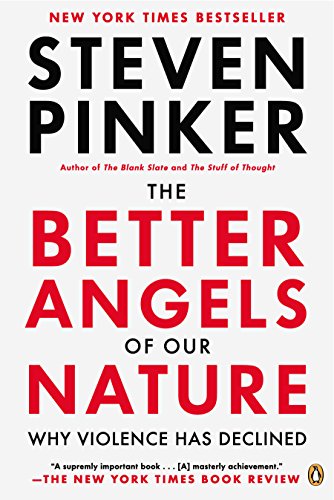

A warning, when I said that Professor Pinker has amassed a lot of data I wasn’t kidding. The 696 pages of ‘The Better Angels of our Nature’ are completely crammed with both historical accounts and statistical data. More than that, over the course of the book Professor Pinker employs a greater number of distinct analytical concepts than most of the Physics textbooks I’ve read in my life. In fact, a degree of familiarity with some of the mathematical techniques for analyzing data is a big help when reading ‘The Better Angels of our Nature’.
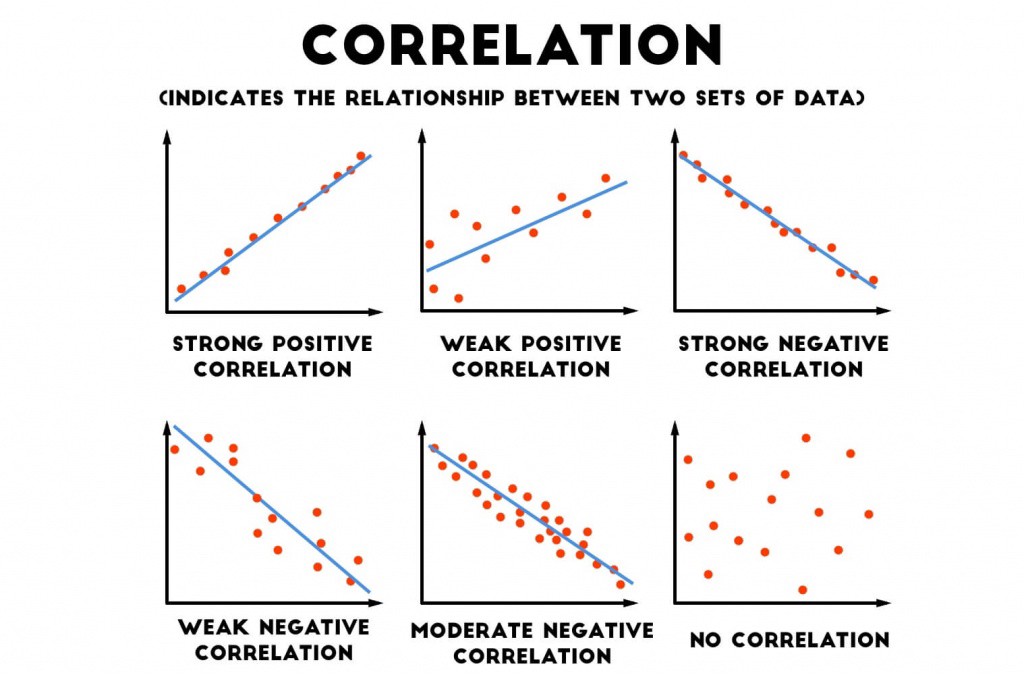
Right from the start of ‘The Better Angels of our Nature’ Professor Pinker realizes that he has to convince you that violence has in fact gone down through the centuries. One of Pinker’s techniques for doing so is to examine the historical record for examples for violent behaviors that were once commonplace but have largely disappeared.
Whereas executions were once popular entertainment, even such grisly ones as crucifixion and drawing and quartering, many countries today have banned the death penalty altogether. Whereas torture was once routinely used to extract confessions from suspects, today no country openly practices it; even authoritarian states like North Korea officially deny using torture. Whereas looting and burning and rape were once considered a part of a soldier’s wages today they are classified as war crimes and some world leaders are actually being prosecuted for them. Whereas slavery was once the very foundation of many civilizations today it is at least illegal everywhere on Earth. In many ways, Professor Pinker points out, violent behavior that was once simply taken for granted as a part of life have today become sources of horror.
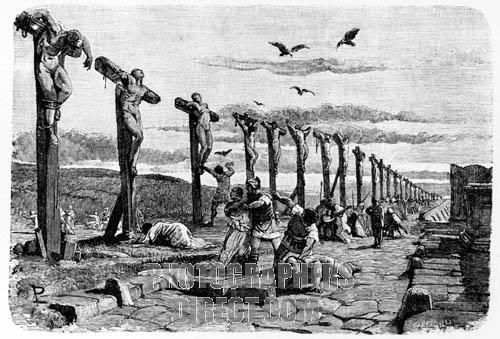

At the same time Professor Pinker reviews the historical evidence for all of the wars throughout history, concluding that centuries in the past nations were in a constant state of conflict while it is only slowly over time that peace has become the norm and war the rarity. Pinker then goes on investigate the idea that even while it appears that wars may have become rarer, because of new technology they have become much more destructive. That argument is demolished by demonstrating that wars like the Thirty Years War or the Mongol invasions of Genghis Khan actually killed an even larger proportion of the populations involved then did the two World Wars despite the more advanced weaponry of the 20th Century.
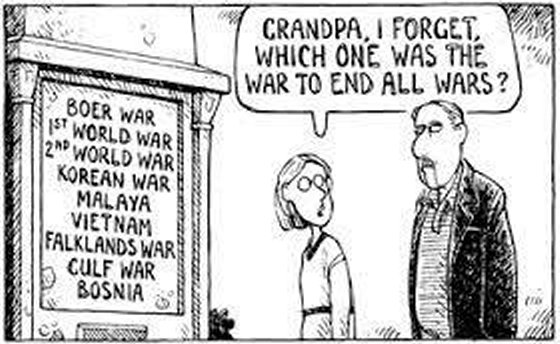
Convincing you that violence has actually decreased over the centuries is only the beginning of Professor Pinker’s task. In subsequent sections of the book the various influences on human violence, both those causing it as well as those that seek to control it are not only discussed but put to the test by examining records of war casualties, crime statistics and other evidence. Even the results of modern psychological testing and advances in neurology are brought to bare as evidence to better understand why it is we commit violence, and why century by century we are committing less of it.
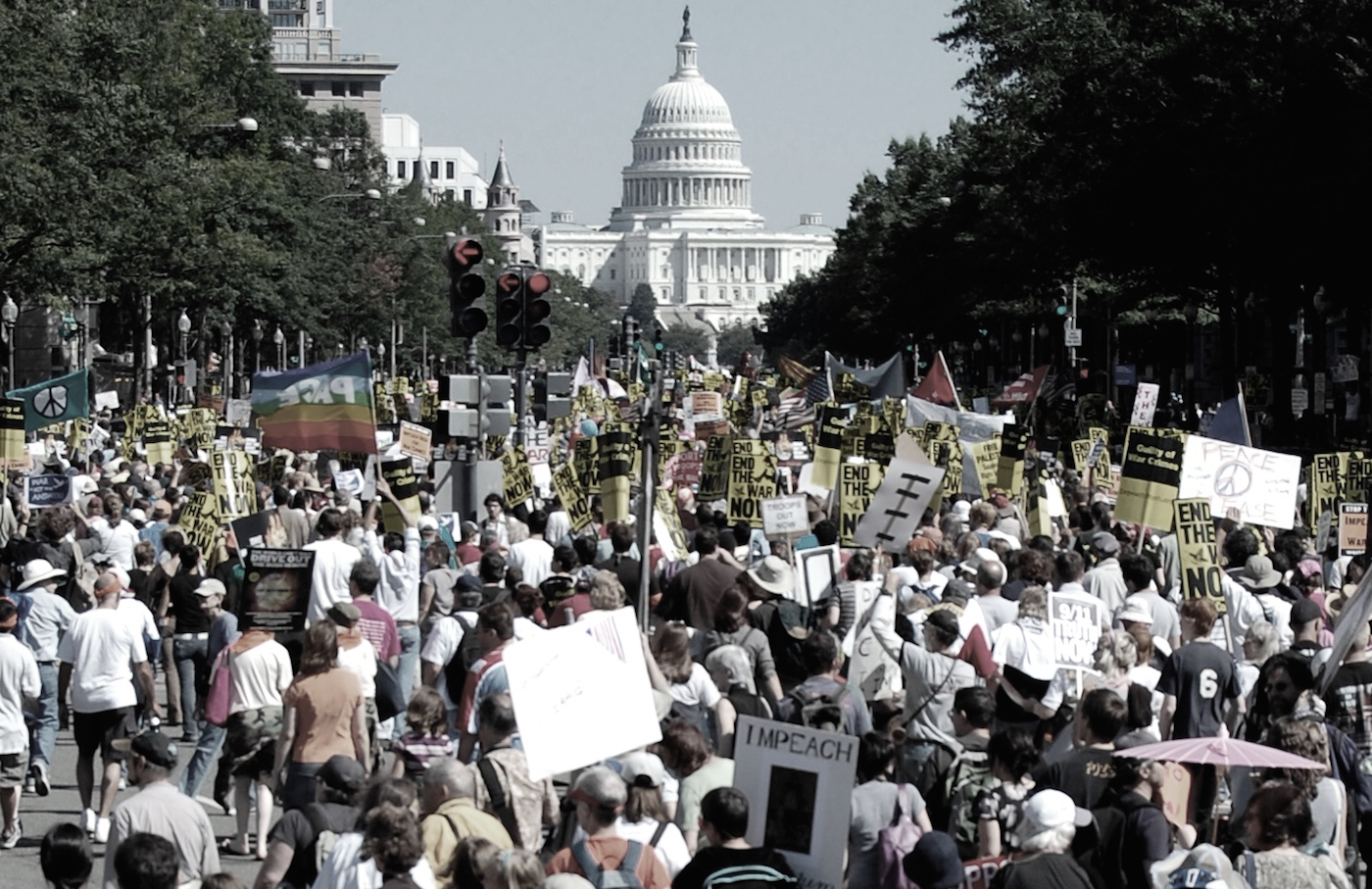
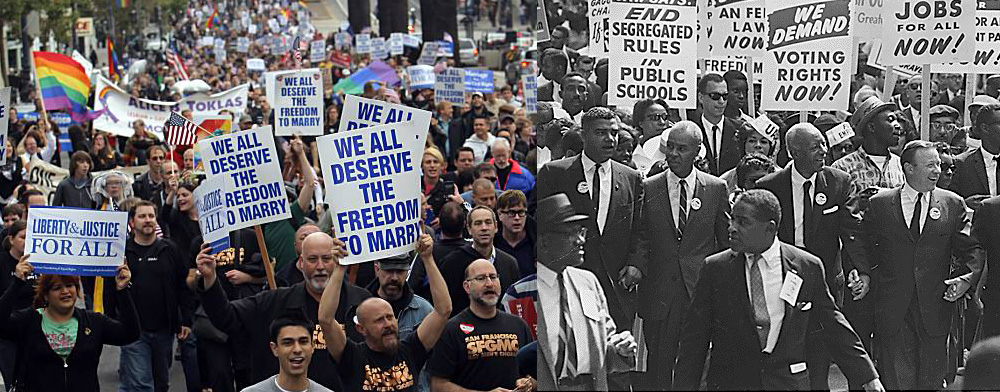
As I said ‘The Better Angels of our Nature’ is a dense book, a book about a very sobering topic. Nevertheless Professor Pinker has a habit of dropping in references to popular culture that occasionally lighten the mood. Sprinkled through the book are quotations from authorities as diverse as Martin Luther King Jr. and Conan the Barbarian.

‘The Better Angles of our Nature’ is not an easy book to read, but it is A VERY IMPORTANT BOOK. If you have the time, and are willing to undertake the effort you will be well rewarded.
